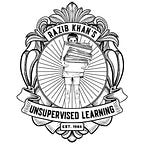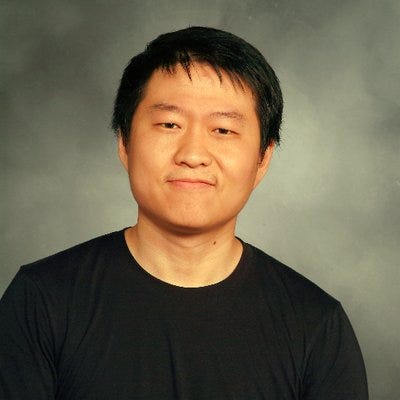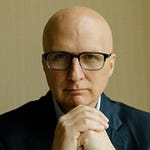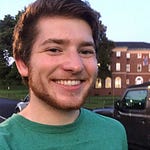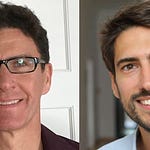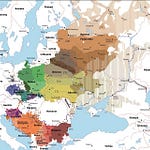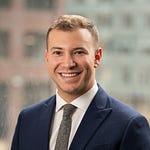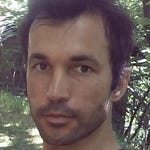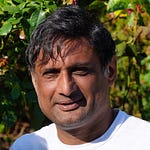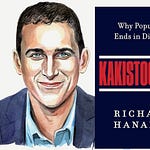This week on the Unsupervised Learning podcast Dr. Xiaotong Yao, a computational biologist specializing in cancer research at Cornell’s Weill Institute, joins Razib.
They first dig deep into genomics, considering the efficacy and costs of expanding whole-genome sequencing to assemble massive population-sized datasets. Not a thousand people, but a billion. Next, they probe the implications of wide-scale sequencing as it becomes integral to clinical diagnosis and treatment. As for treatment specifically, they flesh out CRISPR/Cas9’s exciting possibilities for curing Mendelian diseases.
Razib also asks Xiaotong about his experience as a millennial growing up in China, and his impressions of the current state of affairs between the United States, where he lives, and his homeland. They discuss ways in which the development of the Chinese government’s proactive role in education and economic development over the last 30 years has resulted in increased GDP, and how this has created a dynamic between the two global superpowers that has been mutually beneficial. US intellectual property and Chinese manufacturing have operated synergistically to make technological wonders like the smartphone globally accessible.

